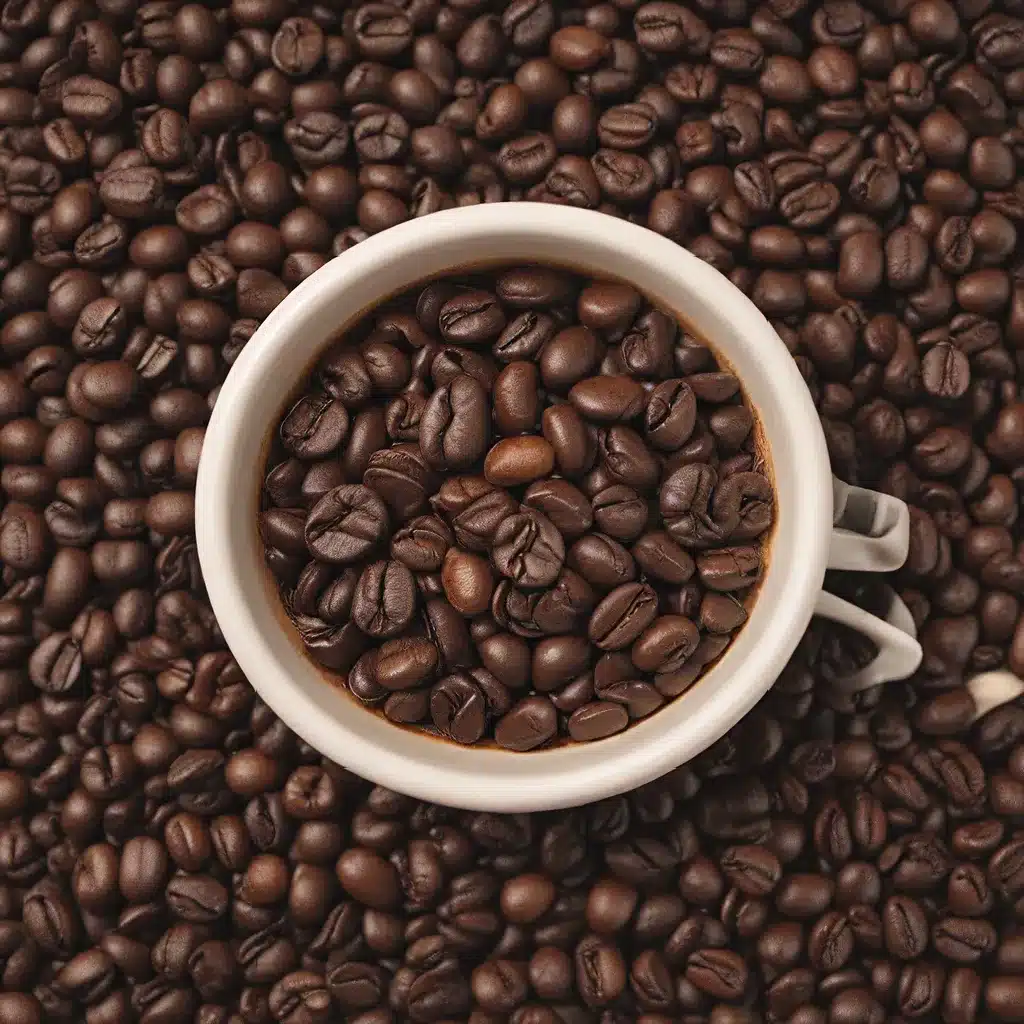
As a lifelong coffee enthusiast, I’ve always been intrigued by the ongoing debate surrounding the health impacts of my beloved beverage. Caffeine, that ever-elusive compound, has been both praised and vilified throughout history, touted as a miraculous stimulant one moment and condemned as a performance-sapping scourge the next.
Where does the truth lie in this caffeine conundrum? I’ve been on a quest to unravel the mysteries of coffee’s effects, sifting through the facts and fiction to paint a clearer picture. And let me tell you, it’s been one heck of a journey – from Balzac’s infamous caffeine-fueled writing binges to the latest scientific findings on how caffeine may actually undermine creativity. Buckle up, folks, because this is one wild ride.
The Perks and Perils of Caffeine
Let’s start with the good news, shall we? Caffeine has numerous well-documented benefits. It can boost energy, enhance physical and cognitive performance, and even improve short-term memory and problem-solving abilities. Heck, it might even help you stay focused and concentrated, making you a productivity powerhouse. Sign me up, right?
But here’s the catch – it seems caffeine may come at a cost when it comes to creativity. Recent studies have suggested that the very qualities that make caffeine so appealing, like its ability to sharpen our focus, could actually inhibit our ability to make novel connections and come up with imaginative solutions.
You see, creative insights often arise when our minds are allowed to wander and make unexpected associations. Caffeine, on the other hand, tends to keep us in a state of “hyper-vigilant” attention, preventing that free-flowing, divergent thinking that’s so essential for creative breakthroughs. It’s almost as if the caffeine-fueled mind is too dialed in to explore the uncharted territory where brilliant ideas lurk.
And let’s not forget about the potential impact on our sleep patterns. Caffeine has been linked to decreased sleep quality and efficiency, making it harder for us to enter the deep, restorative stages of slumber that are crucial for cognitive and emotional well-being. Yikes, talk about a double-edged sword!
The Placebo Effect Paradox
But here’s where things get really interesting – it seems that the power of belief might just be as influential as the caffeine itself. In a fascinating study, researchers found that participants who believed they had consumed caffeine showed improvements in reaction time and reward motivation, even if they had only had a decaffeinated beverage.
So, Balzac may have been onto something with his legendary caffeine-fueled writing sessions, even if the science now suggests that the drug itself might not be the sole driver of creativity. If you expect caffeine to boost your performance, it just might do so – regardless of what’s actually in your cup.
This raises all sorts of intriguing questions about the nature of human perception and the mind-body connection. Are we, as a species, more susceptible to the power of suggestion than we’d like to admit? And could harnessing the placebo effect be a way to reap the benefits of caffeine without the potential downsides?
Striking the Right Balance
As I’ve delved deeper into this topic, I’ve come to realize that the relationship between caffeine and creativity is a complex and nuanced one. It’s not a simple case of one being good and the other bad. Instead, it seems to be all about finding the right balance and understanding the unique ways in which caffeine interacts with our individual biology and psychology.
For some, a moderate dose of caffeine might be the perfect productivity-boosting elixir, allowing them to tackle tasks with laser-like focus without sacrificing their creative spark. For others, eliminating caffeine entirely might be the key to unlocking their full imaginative potential, freeing their minds to wander and make unexpected connections.
And let’s not forget the power of belief and expectation. If we believe that caffeine will enhance our performance, it just might do so – even if the chemical itself isn’t the driving force. The mind is a powerful thing, my friends, and learning to harness its potential could be the key to unlocking our own personal caffeine conundrum.
The Road Ahead
As I continue my journey of exploration, I can’t help but wonder what other secrets the world of caffeine has yet to reveal. With ongoing research and a growing understanding of the complex interplay between this ubiquitous compound and our cognitive processes, I have a feeling there are still plenty of surprises in store.
Perhaps one day, we’ll uncover the perfect formula for harnessing caffeine’s perks while mitigating its perils. Or maybe we’ll discover that the true path to optimal creativity and performance lies not in any external substance, but in the power of our own minds and the art of self-discovery.
Either way, I’m excited to see where this caffeine conundrum leads us next. Who knows what other “impossible” feats we might unlock when we open our minds to the unexpected and embrace the ever-evolving nature of scientific knowledge? One thing’s for sure – I’ll be sipping my way through it all, savoring every Sipscoffeehouse.com brew and eagerly awaiting the next big breakthrough.
So, coffee lovers, let’s raise our mugs to the wonders and mysteries of caffeine. Here’s to the journey of sorting fact from fiction, and to the thrill of uncovering the truth, one sip at a time.















